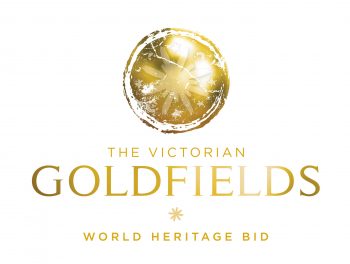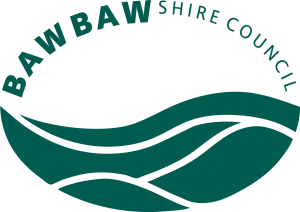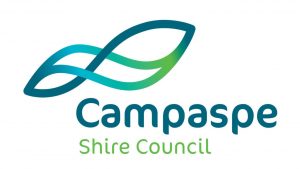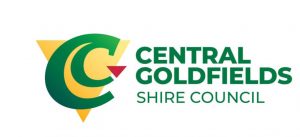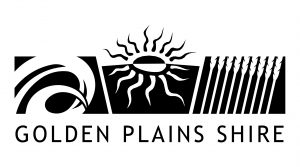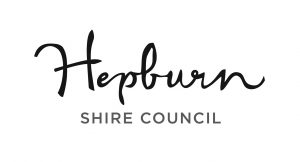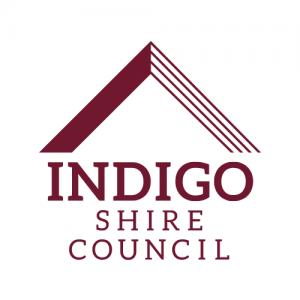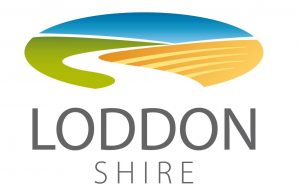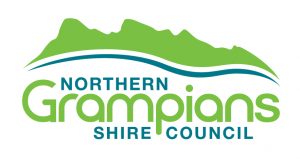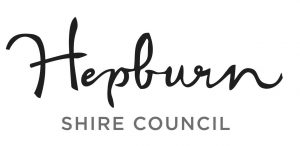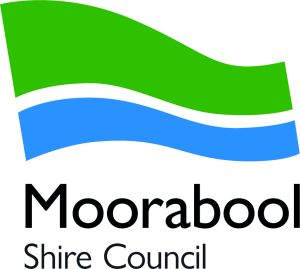Our commitment is to seek Free, Prior and Informed Consent with Traditional Owners for the assessment and nomination of places that may include Aboriginal Cultural Heritage values.
Free, Prior and Informed Consent is a critical part of the World Heritage nomination process.
First Peoples participation is determined by First Nations communities and the principles of FPIC are fundamental to this process.
Obtaining FPIC is an iterative process that involves sustained and meaningful engagement over time.

Definition of Free, Prior and Informed Consent (FPIC)
Free – consent is given voluntarily and without coercion, intimidation or manipulation – the process is self-directed by the community from whom consent is being sought, unencumbered by coercion, expectations or timelines that are externally imposed
Prior – consent is sought sufficiently in advance of any authorisation or commencement of activities
Informed – the engagement and type of information that should be provided prior to seeking consent and also as part of the ongoing consent process
Consent – the collective decision made by the right holders and reached through a customary decision-making process of the communities
Based on the Australian Heritage Council’s Free, prior and informed consent in the work of the Australia Heritage Council (Australian Government)

Traditional Owners are invited to lead and guide the engagement to ensure their priorities and values are captured in the bid process.
This framework outlines the approach that the Bid Partnership* takes in working with Traditional Owners towards obtaining Free, Prior and Informed Consent (FPIC) as a critical part of the process in assessing places for potential inclusion in the World Heritage Tentative Listing application.
The Bid Partnership is not a decision-making body. It is bound by requirements set out by the Victorian Government, Commonwealth Government and World Heritage Convention. It advises the Victorian Government who advises the Commonwealth Government. Decisions about whether a place is included in the World Heritage Tentative Listing application are a matter for the World Heritage Committee.
*The Bid Partnership encompasses those delivering the bid from the relevant government bodies.

The Victorian Goldfields World Heritage Bid will include areas that form part of the Traditional Countries of a number of Registered Aboriginal Parties*.
At the recommendation of Traditional Owners, it may include specific places of Aboriginal cultural significance as component parts of the World Heritage inscription.
*Registered Aboriginal Parties established under the Victorian Aboriginal Heritage Act 2006

The Bid Partnership’s approach to obtaining Free Prior and Informed Consent
In all cases where there may be Traditional Owner rights or interests relating to the World Heritage process, the Bid Partnership will work with the relevant Traditional Owners to ensure FPIC is obtained before progressing with processes that concern them.
In certain cases, further time may be required to ensure proper engagement. The Bid Partnership acknowledges that the extent of engagement may be limited by available resources.

Engagement with Traditional Owners will be sustained and meaningful.
> We recognise the right of Traditional Owners to give or withhold consent for the assessment and nomination of places that may include Aboriginal Cultural Heritage values.
> We recognise that FPIC is a process and an outcome and that seeking FPIC requires sustained and meaningful engagement throughout the life of the full World Heritage nomination process and assessment of a place or places.
> In engaging with Traditional Owners to the extent possible we will provide written and oral information about the World Heritage listing process and the effect of listing and be available to engage with communities directly on these matters, facilitate appropriate engagement that supports Traditional Owners to provide input to the process and provide clear information on decision-making processes.
> We will encourage Traditional Owners to express their views through the mechanisms provided in the operational guidelines for World Heritage as well as other means as appropriate.
>We recognise that authority to speak for Country is determined by Traditional Owners themselves.
> We recognise that, while there may be many Indigenous people and community groups that should be heard during the assessment process, these may differ in their level of authority to speak for Country.
> We will not require the granting or withholding of consent to be unanimous, depending on the circumstances of the case, in recognition that there may be different levels of authority between those who speak for Country.
> We will communicate the views of Traditional Owners when providing advice to the Victorian Government, including whether or not FPIC has been obtained for the inclusion of relevant places in the World Heritage Tentative Listing application.
